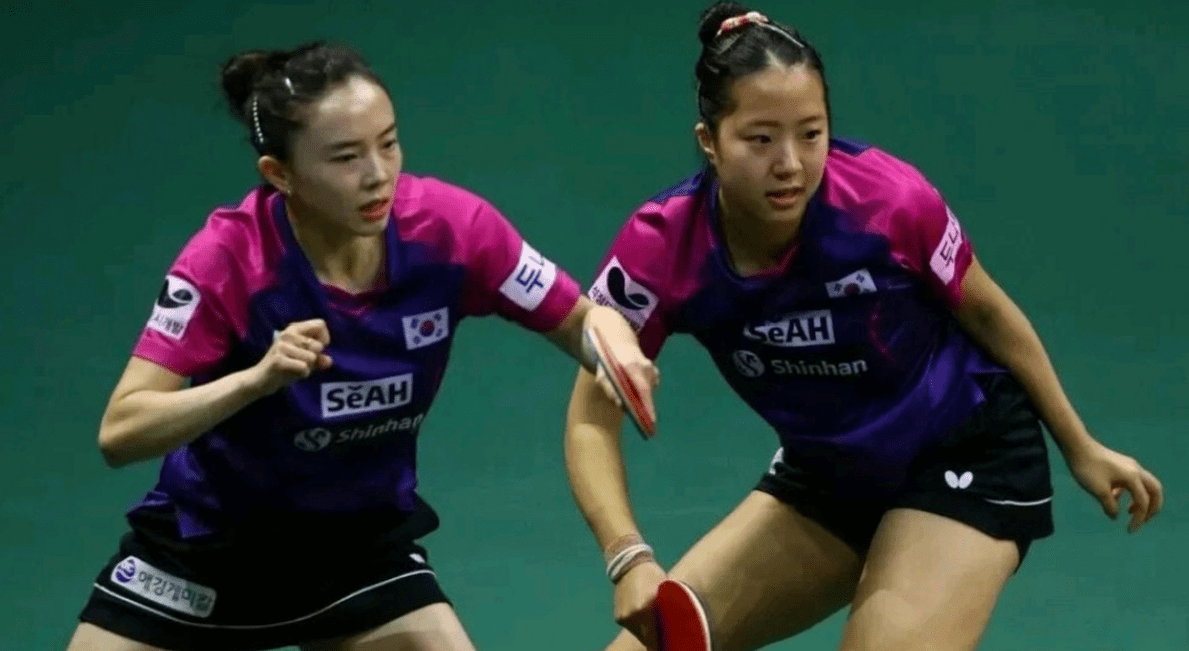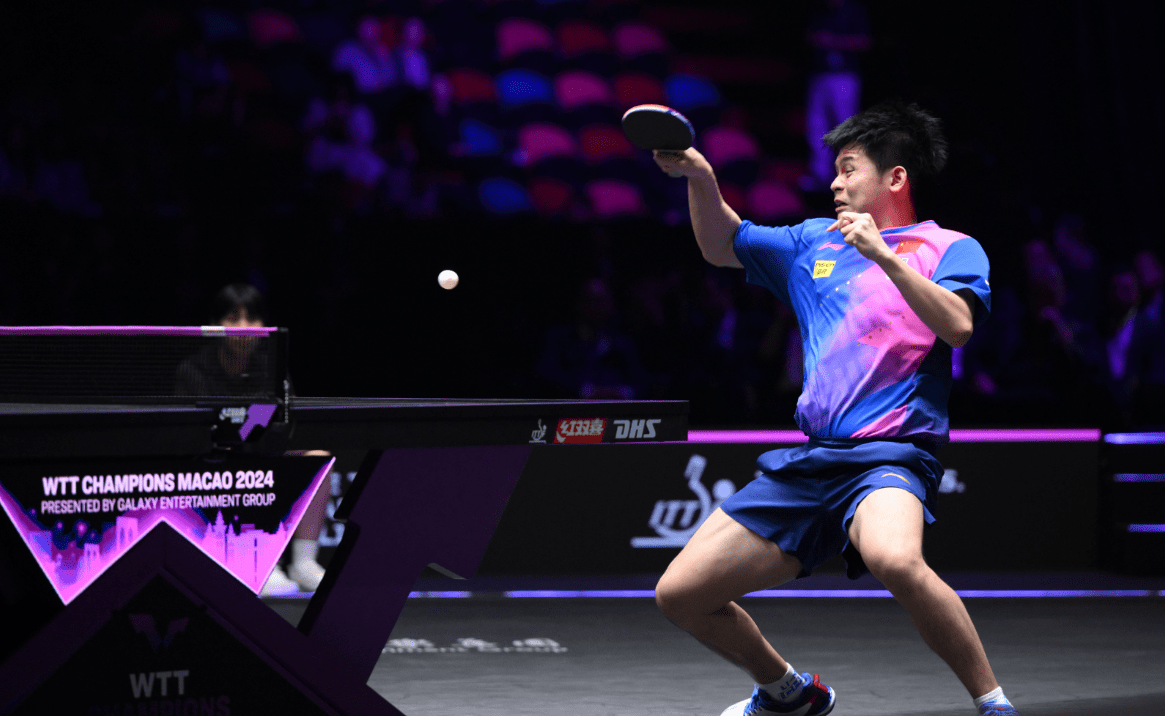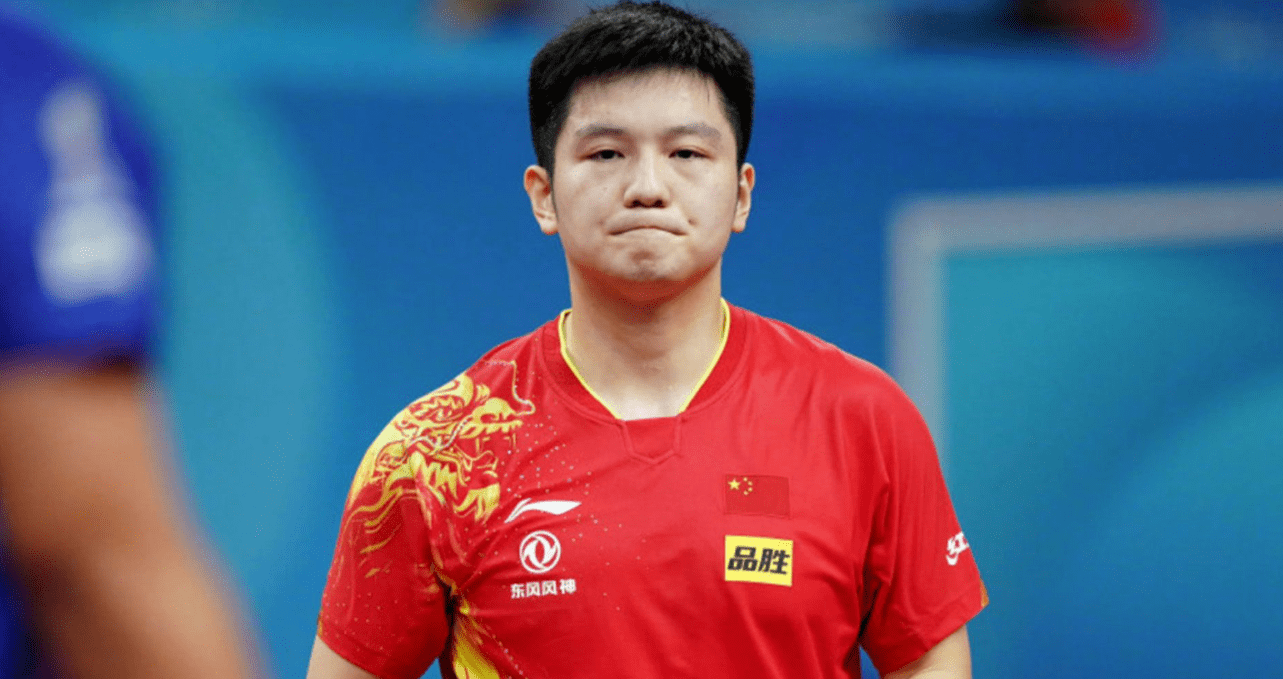The title of the article is "Bad News! ITTF Officially Announces New Rankings: National Table Tennis Loses World No. 1". The content discusses the recent changes in the international table tennis rankings, where the Chinese national team has lost its world number one position in certain categories. Despite maintaining top positions in men's and women's singles, the team has seen a decrease in the number of top ten rankings, particularly with the withdrawal of key players Fan Zhendong and Chen Meng. The article explores whether China's dominance in the sport can continue to be as stable as before.

The men's singles have relied on top-level players to maintain their position, with Fan Zhendong being a core player known for his stability and dominance. However, with his withdrawal from the rankings, there is a question of who will fill the gap. Currently, Wang Chuqin and Lin Shidong hold the top two spots in the men's singles, with Lin, an 18-year-old rising star, drawing attention. Young players like Lin face challenges in consistency, psychological strength, and match experience.

The article also mentions the rise of competitors from Germany and Japan in the rankings, posing potential threats to China's overall stability. In women's doubles, China has lost the world number one spot to the South Korean pair of Tian Zhixi and Shin Yubin, which is concerning given China's traditional strength in doubles events. The South Korean duo's success is not by chance, with Tian being a versatile player and the pair showing great chemistry. Japanese doubles players are also improving rapidly, narrowing the gap with China.

The withdrawal of Chen Meng affects both the singles and doubles lineups, weakening China's dominance in doubles events. The importance of women's doubles in team competitions cannot be overstated, often being a critical factor in determining the outcome.

China's new generation of players is showing promise, with male players like Lin Shidong and Xiang Peng, and female players like Qian Tianyi and Kuai Man. These young athletes have shown potential but need further development in psychological resilience, technical details, and major tournament experience.

The 2028 Los Angeles Olympics is a crucial point in China's future planning. If current top players like Fan Zhendong and Chen Meng retire after the Paris Olympics, it remains to be seen if the new generation can quickly take over and maintain China's dominant position in international table tennis.

International competitors, such as South Korea and Japan, are no longer content with just participating; they aim to challenge China's dominance. Their strategies, more flexible playing styles, targeted player development, and unique technical approaches are closing the gap with China.

China's dominance, though not completely shaken, is facing significant pressure. Balancing resources between singles and doubles events and fostering the core competitiveness of the new generation will be key to maintaining its status. The saying goes, "A dead camel is bigger than a horse," meaning that even with some fluctuations, China remains at the top of the world table tennis scene. However, to stay ahead of competitors, continuous strategy adjustments are necessary.

In conclusion, China is still the dominant force in table tennis, but the competitive landscape is never calm. To maintain its reign, China must adapt and change faster than its opponents.
